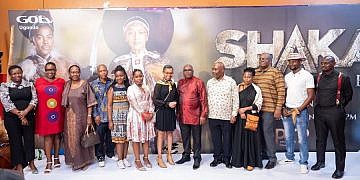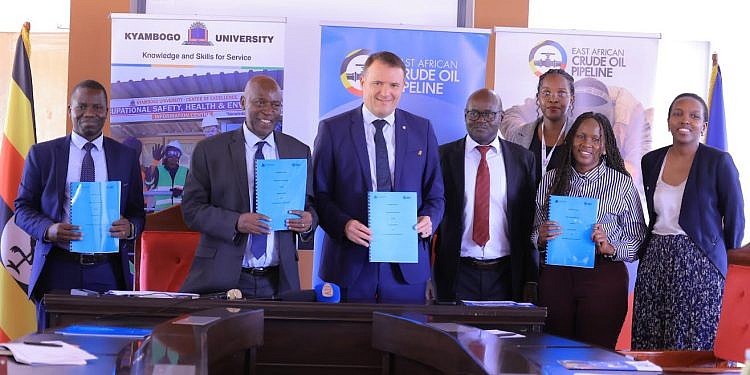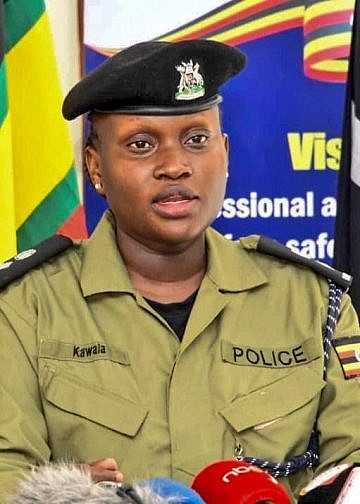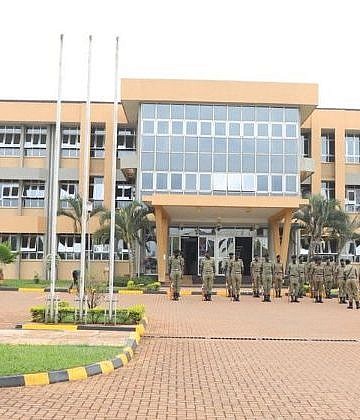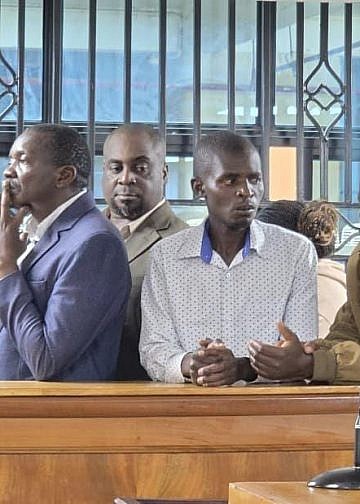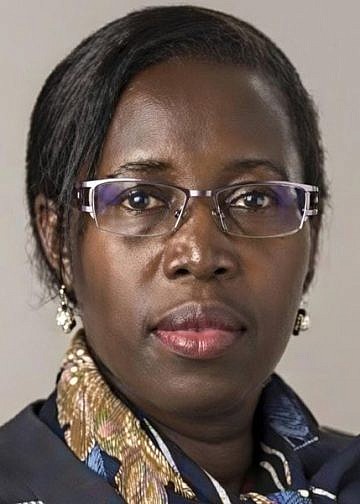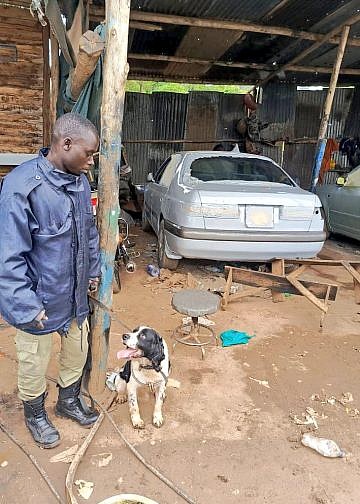East African Crude Oil Pipeline (EACOP) Ltd has signed a Memorandum of Understanding (MoU) with Kyambogo University, solidifying the partnership between the two institutions to enhance national content capacity building initiatives in Uganda.
The agreement, which also involves EACOP’s contractors and suppliers, aims to foster collaboration and promote skills development in the oil and gas sector.
EACOP’s Managing Director, Guillaume Dulout, hailed the MoU as a transformative step in building a skilled and knowledgeable workforce to advance the oil and gas industry.
He emphasized the university’s critical role in producing the next generation of engineers, technicians, and professionals.
“Through this partnership, we will work together to ensure that Ugandans have the skills needed to thrive in the oil and gas industry,” Dulout stated.
This partnership expands on EACOP’s ongoing collaborations with institutions such as the Uganda Petroleum Institute Kigumba (UPIK) and Makerere University.
EACOP has already seen success in providing graduate training and creating opportunities for young Ugandans in the industry.
The MoU outlines several initiatives, including internship and graduate training programs, as well as training-of-trainers programs to develop capacity among Ugandan graduates, technicians, and academic staff.
EACOP’s tier-one contractors and suppliers are committed to working with local institutions to ensure the success of these initiatives.
Kyambogo University’s Deputy Vice Chancellor, Prof. Elly Katunguka, expressed gratitude to EACOP for the partnership, highlighting the importance of capacity building and technology transfer. “This initiative is crucial in absorbing many of our graduates into the workforce and will help us bridge the gap between academia and industry,” Prof. Katunguka remarked.
The collaboration also offers significant benefits for the university’s staff, enabling them to acquire new skills and knowledge which will ultimately benefit their students.
Prof. Katunguka stressed the importance of the private sector in shaping academic curricula, acknowledging the need for closer partnerships with industry leaders.
To date, EACOP has successfully onboarded 128 graduate trainees in Uganda and Tanzania, providing them with hands-on training and exposure to the oil and gas sector.
Additionally, 13 training sessions for trainers have been held, enhancing the capacity of academic staff across the region.








